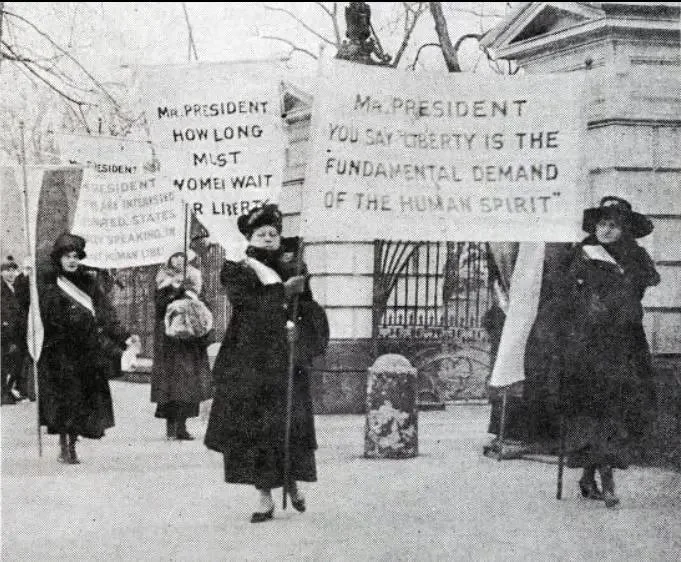History of Concord NH
Concord’s rich history begins along the banks of the Merrimack River, where native Abenaki people first lived and traded. Settled by Europeans in the early 1700s and originally called Rumford, the town was renamed Concord in 1765 to resolve a land dispute—symbolizing a new era of unity. Today, Concord still stands as the cultural and political hub of New Hampshire.
Indigenous Roots
Long before Concord became a colonial settlement, the land was home to the Pennacook (roughly translated to ‘At the Bottom of the Hill’), a branch of the Abenaki people. They lived along the Merrimack River for thousands of years, sustaining a vibrant culture through fishing, farming, and trade. Today, their legacy remains woven into the natural landscape and regional history.
Visitors can stop by the Mt. Kearsarge Indian Museum to learn more about the history of the Abenaki and surrounding tribes.
An Abenaki Basketmaker · via The Cowasuck Band of the Pennacook-Abenaki
Illustration depicting Concord in 1860 · via Encyclopædia Britannica, Courtesy of American Antiquarian Society
Colonial Beginnings
European settlers arrived in the early 1700s, and the area was first known as Penacook and then Rumford. The town’s early days were marked by agriculture and river-based trade. In 1765, after a boundary dispute with a neighboring town, the name ‘Concord’ was chosen to represent the peaceful resolution.
Becoming the Capital
Concord officially became New Hampshire’s capital in 1808 due to its strategic central location. The New Hampshire State House, completed in 1819, remains a centerpiece of civic life and is the Unites States’ oldest state capitol in continuous legislative use. Visitors can take guided tours to explore its architecture and historical significance, and city events are often hosted on its grounds.
Industrial Growth
During the 19th century, Concord thrived as a center for industry and innovation. It became especially known for the Concord Coach, a rugged, elegantly crafted stagecoach that revolutionized long-distance travel and mail delivery across America.
Concord also developed into a key railroad hub, connecting northern New England to Boston and beyond. The arrival of the Concord Railroad in 1842 transformed the city into a center of transportation and commerce. Trains carried locally quarried granite and lumber to distant markets, helping the local economy thrive.
Women picketing for suffrage · from Suffragist Magazine, 1918 via Cow Hampshire
Cultural Legacy
Concord’s growth brought a flourishing of schools, newspapers, and civic institutions. It was the home of Franklin Pierce, the 14th President of the United States. Concord played a role in key moments of American history, including the Civil War, when Concord factories supplied goods and materials to Union troops, and many local residents served in New Hampshire regiments. The city was also active in the women’s suffrage movement, being home to advocacy groups and reformers who organized rallies, circulated petitions, and pushed for voting rights well before the 19th Amendment was passed.
Modern-Day Concord
Today, Concord blends historic charm with modern culture. Visitors can stroll downtown to see 19th-century architecture, visit museums and galleries, and enjoy a strong local food and arts scene. The city is still the heart of New Hampshire politics and law, while offering a welcoming atmosphere for travelers interested in heritage, nature, and local charm.
Interested in learning more about the history of Concord? Try out the self-guided Historic Walking Tour, featuring detailed write-ups and historical tidbits to accompany historic landmarks, sites, and buildings.





